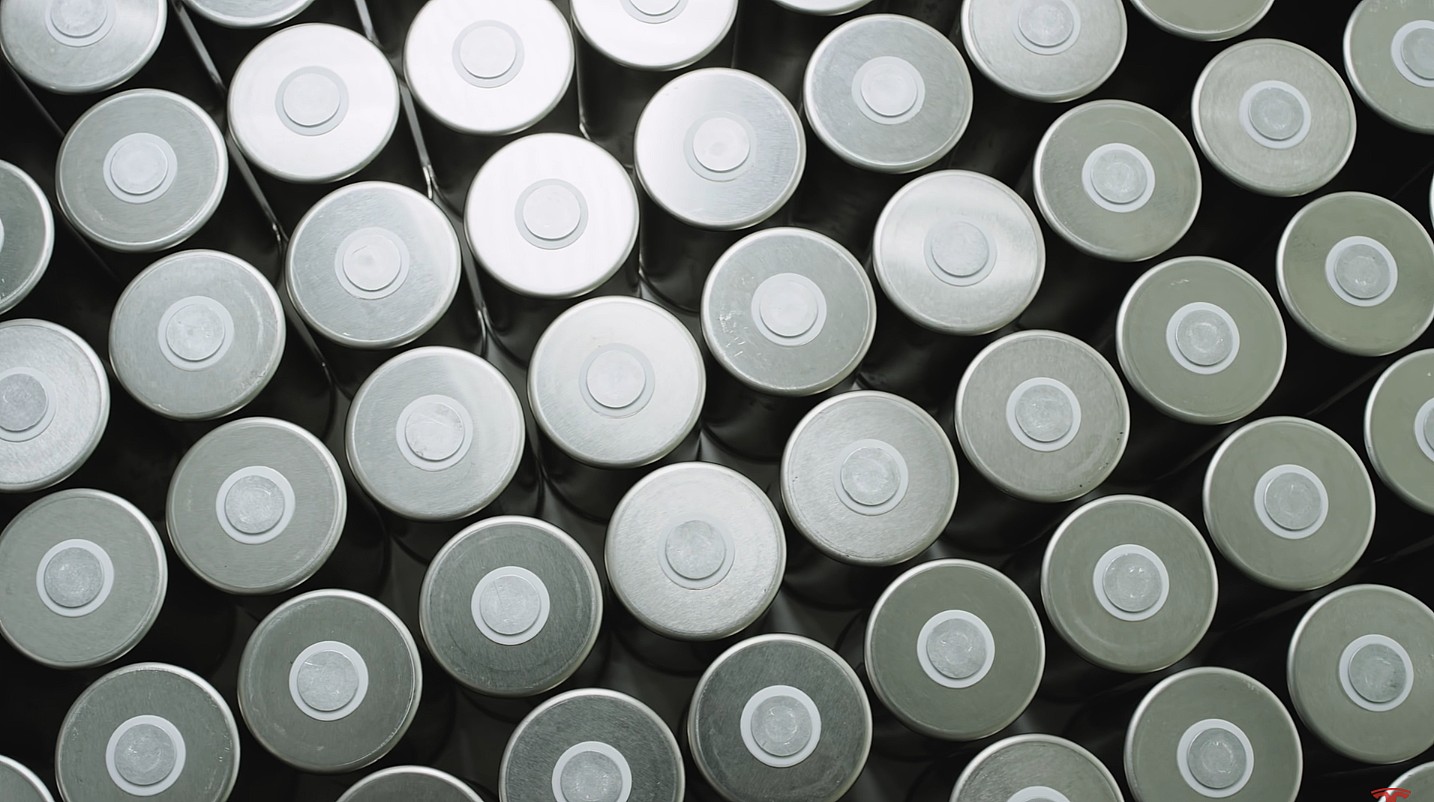U.S. Treasury Department has granted additional flexibility regarding battery mineral requirements for electric vehicle (EV) tax credits. Automakers now have until 2027 to address the sourcing of certain hard-to-trace minerals, such as graphite, found in anode materials, as well as critical minerals in electrolyte salts, binders, and additives.
The Treasury’s decision comes in response to new rules implemented on January 1, which aimed to limit Chinese content in batteries eligible for EV tax credits of up to $7,500. These rules significantly reduced the number of eligible vehicles, prompting automakers to adjust their supply chains and leading to the restoration of eligibility for many vehicles.
John Bozzella, head of the Alliance for Automotive Innovation, praised the new rules for recognizing the realities of the global supply chain, stating, “appear to recognize the realities of the global supply chain by providing some temporary flexibility in terms of where the critical minerals in EV batteries can be sourced.”
However, Senate Energy Committee Chair Joe Manchin criticized the administration, accusing it of breaking the law to accelerate the market penetration of electric vehicles. He argued that the Treasury’s decision provides a long-term pathway for Foreign Entities of Concern (FEOC) countries to remain in U.S. supply chains.
The new rules, mandated by an August 2022 law, are intended to reduce U.S. dependence on China for EV battery materials. Abigail Hunter, executive director of SAFE’s Center for Critical Minerals Strategy, emphasized the need for a clear exit strategy to avoid continued dependencies on adversaries and to protect the competitiveness of U.S. and allied critical minerals projects.
China currently dominates the global output of graphite, accounting for 70% of production. The FEOC rules came into effect on January 1 for battery components and will be enforced in 2025 for critical minerals used in their production. Treasury stated that the exempted materials each constitute less than 2% of the value of battery-critical minerals.
Manufacturers can exclude certain impracticable-to-trace battery materials from FEOC compliance until 2027, provided they demonstrate plans to comply by then. Bozzella highlighted the absurdity of disqualifying an EV from tax credits due to a trace amount of a critical mineral from an FEOC, stating, “Imagine an EV that complied with all IRA eligibility requirements but is kicked out of the program because of a trace amount of a critical mineral from a FEOC? That makes no sense.”
Under the 2022 law, qualifying EV buyers can use tax credits as a point-of-sale rebate starting this year. The Treasury reported that in 2024, more than 100,000 credits have been utilized at the point of sale, resulting in over $700 million in upfront savings.

